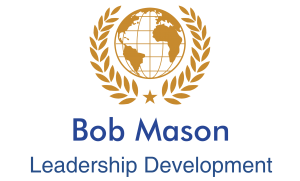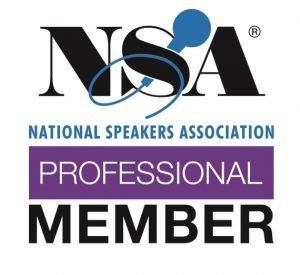Reliance on authority: the “I am in charge and you must do what I say…or else” approach is the fallback position for many leaders. It seems like the easiest way to get things done and resolve conflict. But, can a leader lead without using overt authority?
Midway through my Air Force career, I was assigned to the Air National Guard Headquarters. Up to that point I had been in the active duty Air Force where there is usually no question about who has authority. The National Guard is a complex organization and I quickly learned the various units I was tasked to support reported to their state governors with no line of authority from us to them. I was supposed to support them, ensure their compliance, and occasionally ask them to perform missions, yet I had no actual authority to make them do anything.
It was a little confusing.
Of course a situation like that is ripe for conflict and it didn’t take long for the first one to emerge. I needed a particular unit to bring their operation into compliance with explosive safety requirements. They were less than enthusiastic and quickly let me know how they felt. They clearly explained that their chain of command didn’t include me.
Conflict! This was going to be a very long assignment.
I sought my boss’s counsel. He had worked at this headquarters for a few years and explained that National Guard units saw us as a support organization at best. While there were ways to attempt to force a unit into compliance, those ways were messy and using them would likely create other problems and personal animosity, with no guarantee of success. He pointed out that collaborating on a solution was often more effective that simply issuing orders and suggested I go to the unit, try to understand their issues, and ask how I could help.
I did that and quickly came to understand it wasn’t that the unit in question didn’t want to comply, but that local constraints made compliance very difficult. They didn’t need direction, they needed help. It took quite some time and a lot of patience, but working together we were able to solve the problem. I worked in that position with responsibility but very little authority for three years and during that time I encountered many similar issues. I learned be an effective leader without overt authority.
When I was transferred back to a more traditional position, I found myself leading a large organization with a wide range of responsibilities. I now had authority but discovered I didn’t need to rely on it. Instead, when conflict arose, striving to understand the issues instead of taking the easy path of issuing directives allowed me to help build a culture of collaboration.
Collaboration is usually a much more effective leadership tool than authority.
 Bob Mason is dedicated to leadership development. He works with companies to solve problems by helping supervisors and managers become more effective leaders leading more productive teams. He is a professional speaker and author of Don’t Worry, You Can Do This: What New Supervisors and Managers Need to Know About Leadership; The Art of Not Motivating: How Leaders Can Succeed by Understanding the True Nature of Motivation; Balancing the Generations: A Leader’s Guide to the Complex, Multi-Generational, 21st Century Workplace; and Planning to Excel: Strategic Planning That Works.
Bob Mason is dedicated to leadership development. He works with companies to solve problems by helping supervisors and managers become more effective leaders leading more productive teams. He is a professional speaker and author of Don’t Worry, You Can Do This: What New Supervisors and Managers Need to Know About Leadership; The Art of Not Motivating: How Leaders Can Succeed by Understanding the True Nature of Motivation; Balancing the Generations: A Leader’s Guide to the Complex, Multi-Generational, 21st Century Workplace; and Planning to Excel: Strategic Planning That Works.
A 30-year career in the U.S. Air Force exposed him to great leaders and leadership opportunities such as command of four squadrons, including the Air Force’s largest munitions squadron. He has studied leadership extensively, but more importantly has been there, working with real people, making hard decisions, and experiencing the results.
Contact Bob at Bob@BobMasonSpeaker.com or 505-453-5266




